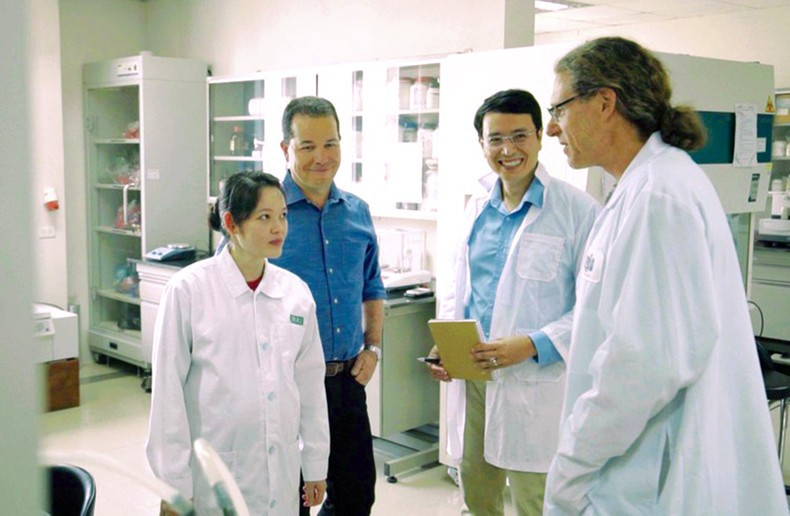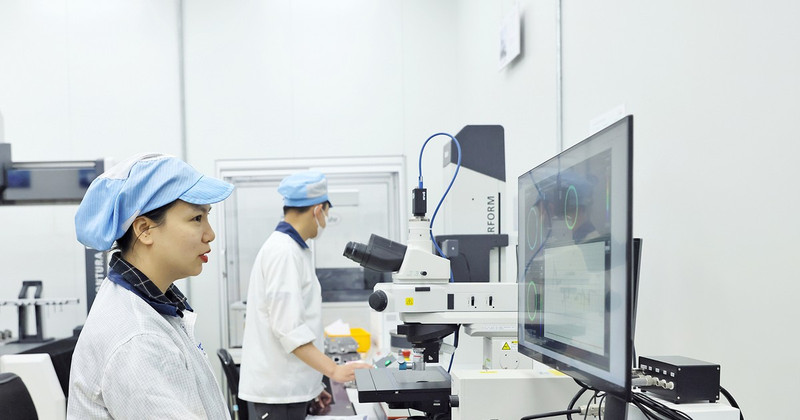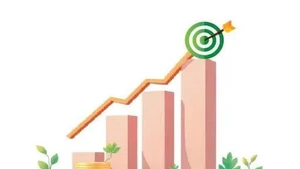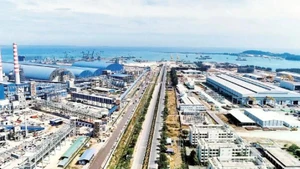That is the opinion of Dr Cao Anh Tuan, a successful computer scientist in the US who has returned to Vietnam with a passion for using AI to decode the Vietnamese genome. Dr Tuan recently shared his perspectives with Thoi Nay (Present Time) Newspaper on the direction of AI development in Vietnamese enterprises.
Q: Artificial intelligence is attracting tremendous resources from countries and top corporations around the world. How do you assess the opportunities for Vietnamese businesses in this race?
A: There has never been such a huge opportunity for businesses in the AI field as there is now. While traditional manufacturing technologies may take decades to develop, AI, especially AI applications, can evolve within days or months. This is truly a technological field that allows Vietnam to gain a head start by taking a shortcut. Vietnamese businesses have a real opportunity to catch up with or even surpass other nations in the region by leveraging this technology. But the big question is: how will we do it?
Following technological developments, new updates in the field, especially the emergence of foundation models, come almost daily. However, in my opinion, Vietnamese businesses should not chase these trends blindly but instead focus on application. Developing a foundational model may require tens of billions of US dollars. What we need to do is effectively find ways to write applications on top of those platforms.
Projects like DeepSeek belong to the domain of AI infrastructure, a field that requires coordination and strategic decisions from the government, as it involves not only financial resources but also matters of national strategy. For businesses, the key is to leverage existing foundation models to shorten development time and quickly create applications that bring practical value. This is a much more feasible and effective path.
When choosing an AI development strategy, India is a country Vietnam should learn from. Indian companies strongly focus on application development, getting products into users’ hands quickly and efficiently and monetising them shortly thereafter.
 |
| Dr Cao Anh Tuan and his colleagues at the gene decoding centre. |
Q: After returning from a leading tech country like the US, how do you assess Vietnam’s ability to keep pace with this technology sector?
A: We can look at Vietnam’s adaptation from two perspectives. Firstly, from the user perspective, when I returned and established the gene decoding centre in Vietnam seven years ago, we faced many challenges convincing and educating the market to accept a completely new technology, using saliva samples instead of blood for genetic analysis. However, just in the past few years, with the global wave of AI adoption, Vietnamese users have quickly grasped AI applications, mastering them for work and entertainment. It may not be popular yet, but in terms of application usage, Vietnamese users are not lagging behind any developed country. They are extremely agile.
There’s a story from our own company. A group of specialists who are no longer young managed to create engaging lectures on gene decoding using AI tools in just 2–3 hours, whereas before, it would have taken nearly a week. They have been passionate about new technology and effectively explore the possibilities AI offers.
AI has truly permeated every corner of human life.
From a business perspective, after visiting many countries, I have realised that Vietnam holds many advantages. For instance, in the Republic of Korea, I observed that companies often operate in a closed ecosystem, developing applications mainly for the domestic market. Vietnamese companies, on the other hand, have a very open mindset. They are well aware of how rapidly AI is evolving, and they develop products that can easily be scaled to multiple languages. So when discussing AI, they naturally think in terms of global products, which is a significant advantage.
Q: So, in your opinion, what is Vietnam’s greatest advantage in its effort to “gain a head start by taking a shortcut”?
A: In my view, the most important factor is still human resources. Vietnam has proven a high-quality pool of engineers with a strong work ethic and dedication. With such a resource, Vietnam has great growth potential. It is clear to everyone that major corporations have enormous financial power. However, in the end, success still primarily depends on human resources. The most crucial task for Vietnam is to attract top-tier engineers and AI experts. We need to build a habit of inviting these experts back to Vietnam to train, mentor, and guide local engineers, enabling them to create products that meet international standards.
I still hope Vietnamese “ChatGPT” or “Deep Seek” is not too far-fetched.
Thank you very much!
Dr Cao Anh Tuan returned to Vietnam in 2018. Before that, he held several senior positions at Google. Driven by a passion for gene decoding technology, he and five other PhDs co-founded Gene Friend Way, a tech company headquartered in San Francisco. He and his colleagues later researched and developed a gene decoding technology that integrates AI, specifically designed for Asians. This scientific combination of Asian genetic data and AI technology has been certified by the gene decoding organisation Illumina.
















